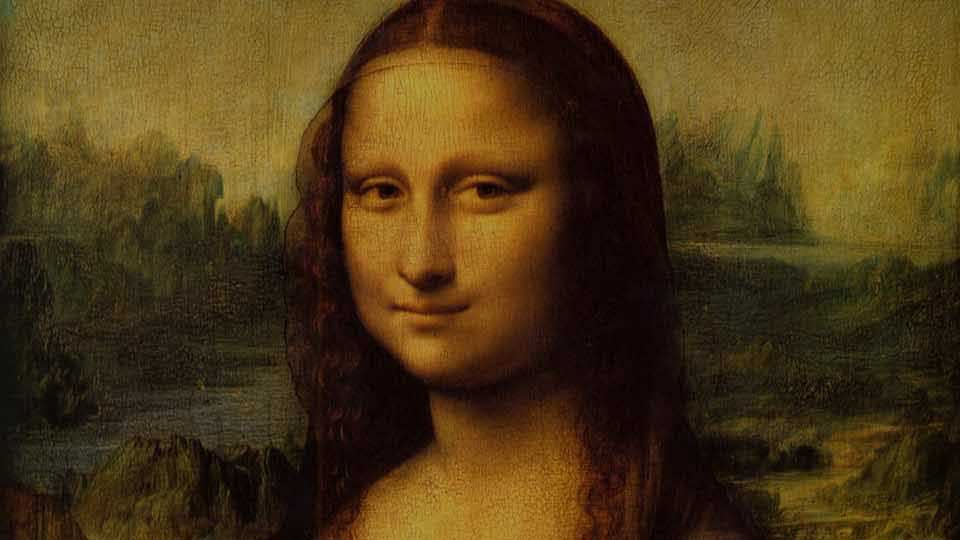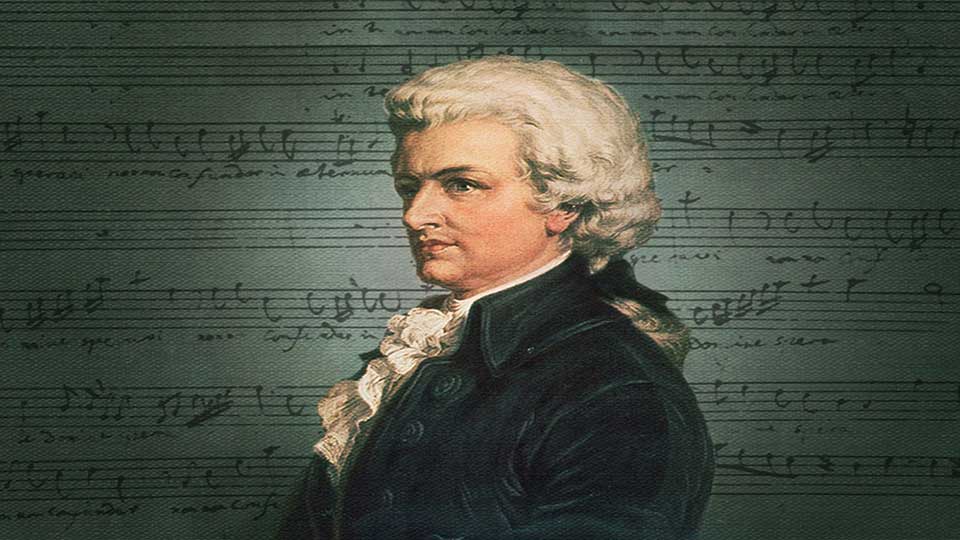
One Day University
Genius Bundle
Five Fascinating talks about Geniuses throughout History, Plus a Book that Explores the True Nature of Genius.
$79 Non-Members | Only $39 for Members
Here’s What’s In The Bundle!

Albert Einstein: The Man Behind
the Myth
Matthew Stanley / NYU
Einstein’s name is synonymous with genius. His wild-haired, thoughtful-eyed face has become an icon of modern science. His ideas changed the way we see the universe, the meaning of truth, and the very limits of human knowledge. This course will examine how Einstein’s youthful philosophical questioning led to a revolution in science. We will discuss his creation of special and general relativity, and particularly how these epochal theories emerged from his seemingly simple questions about how we experience the world.

The Artistic Genius of
Leonardo da Vinci
Denise Budd / Columbia University
When considering artistic geniuses in the Italian Renaissance, the individuals who most commonly come to mind are the great triad of Leonardo da Vinci, Michelangelo and Raphael. These three often contentious rivals have been categorized as Universal Men, gifted in many arts and areas of intellectual pursuit. However, it is Leonardo who is most often imagined in this multifaceted way, as artist, scientist, engineer, and musician. This course will discuss Leonardo’s career, examining several of his most canonical works, as well as considering his most ambitious plans that never came to fruition.

The Musical Genius of Mozart
Craig Wright / Yale University
Using live music and video clips from operas, as well as from the film Amadeus, we will explore the enormous diversity of Mozart’s music. At the same time, by examining color photographs of his autograph manuscripts and draft sketches, we will witness Mozart’s attention to the smallest detail. Having explored his music in both breadth and depth, our attention turns finally to the enablers of Mozart’s genius: genetic gifts, mentoring, motivation, concentration, self-confidence, and just plain luck. By the end of this session, we will come to see that not only is Mozart’s music great, but Mozart himself was unique, and arguably the most extraordinary creator ever to set foot on this planet.
Using live music and video clips from operas, as well as from the film Amadeus, we will explore the enormous diversity of Mozart’s music. At the same time, by examining color photographs of his autograph manuscripts and draft sketches, we will witness Mozart’s attention to the smallest detail. Having explored his music in both breadth and depth, our attention turns finally to the enablers of Mozart’s genius: genetic gifts, mentoring, motivation, concentration, self-confidence, and just plain luck. By the end of this session, we will come to see that not only is Mozart’s music great, but Mozart himself was unique, and arguably the most extraordinary creator ever to set foot on this planet.

The Scientific Genius of Marie Curie
Susan Lindee / U Penn
The brilliant Polish physicist and chemist Marie Curie lived a life of profound personal courage. Her experiences illuminate a culture of “pure science” now long gone, and they help us understand some of the continuing issues for women scientists. She and her future husband Pierre worked ceaselessly under what turned out to be very dangerous and unwise conditions: they isolated radium and polonium, launched the entirely new science of radioactivity, and basically founded a scientific empire. Curie defended her doctoral dissertation in the spring of 1903 and a few months later she and her husband were awarded the Nobel Prize. After her husband died, Marie Curie continued her genius scientific work, going on to win another Nobel Prize for chemical work with radium. She served heroically at the French front during World War I, when Curie and her teen-aged daughter Irene drove an X-ray truck she had outfitted herself, to help doctors assess the brutal wounds of the First World War.

Why Shakespeare Matters
Joseph Luzzi / Bard College
Why are the works of William Shakespeare still considered “essential” reading today, some four hundred years after they appeared? How can the lessons of his theatrical universe help us understand the major social and political conflicts we face in modern times? Together we will explore the factors that continue to make Shakespeare so vital a force in popular culture, as we focus on his stunning contributions to the English language, his unparalleled grasp of human psychology, and his use of literary form to astonish and enchant. We will center our conversation about “Shakespeare today” on three of his greatest and best-known works: the magnificent tragedies Hamlet, Macbeth, and King Lear.

The Hidden Habits of Genius
Craig Wright, PhD / Yale University
Looking at the 14 key traits of genius, from curiosity to creative maladjustment to obsession, Professor Craig Wright, creator of Yale University’s popular “Genius Course,” explores what we can learn from brilliant minds that have changed the world. Einstein. Beethoven. Picasso. Jobs. The word genius evokes these iconic figures, whose cultural contributions have irreversibly shaped society.

